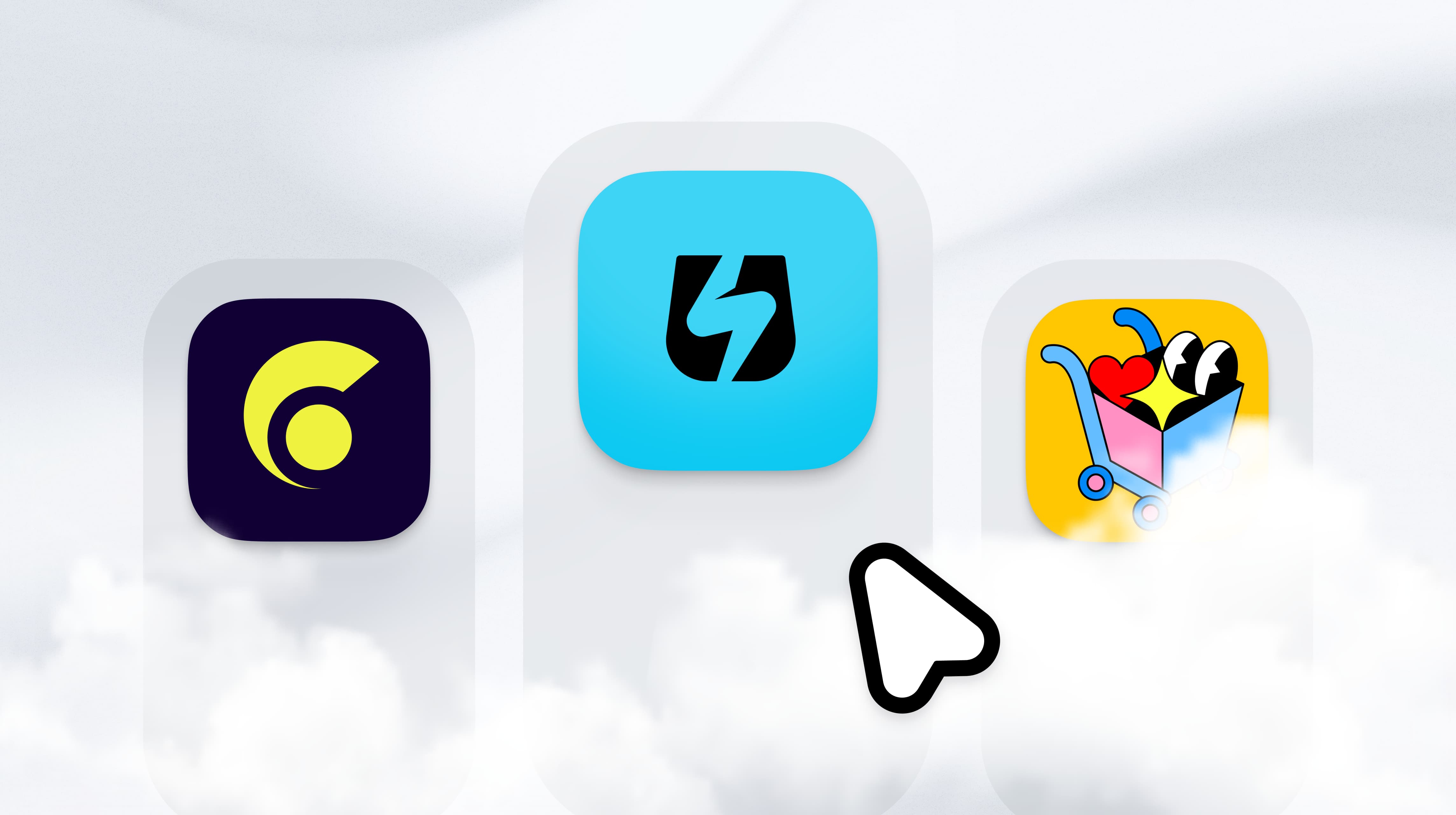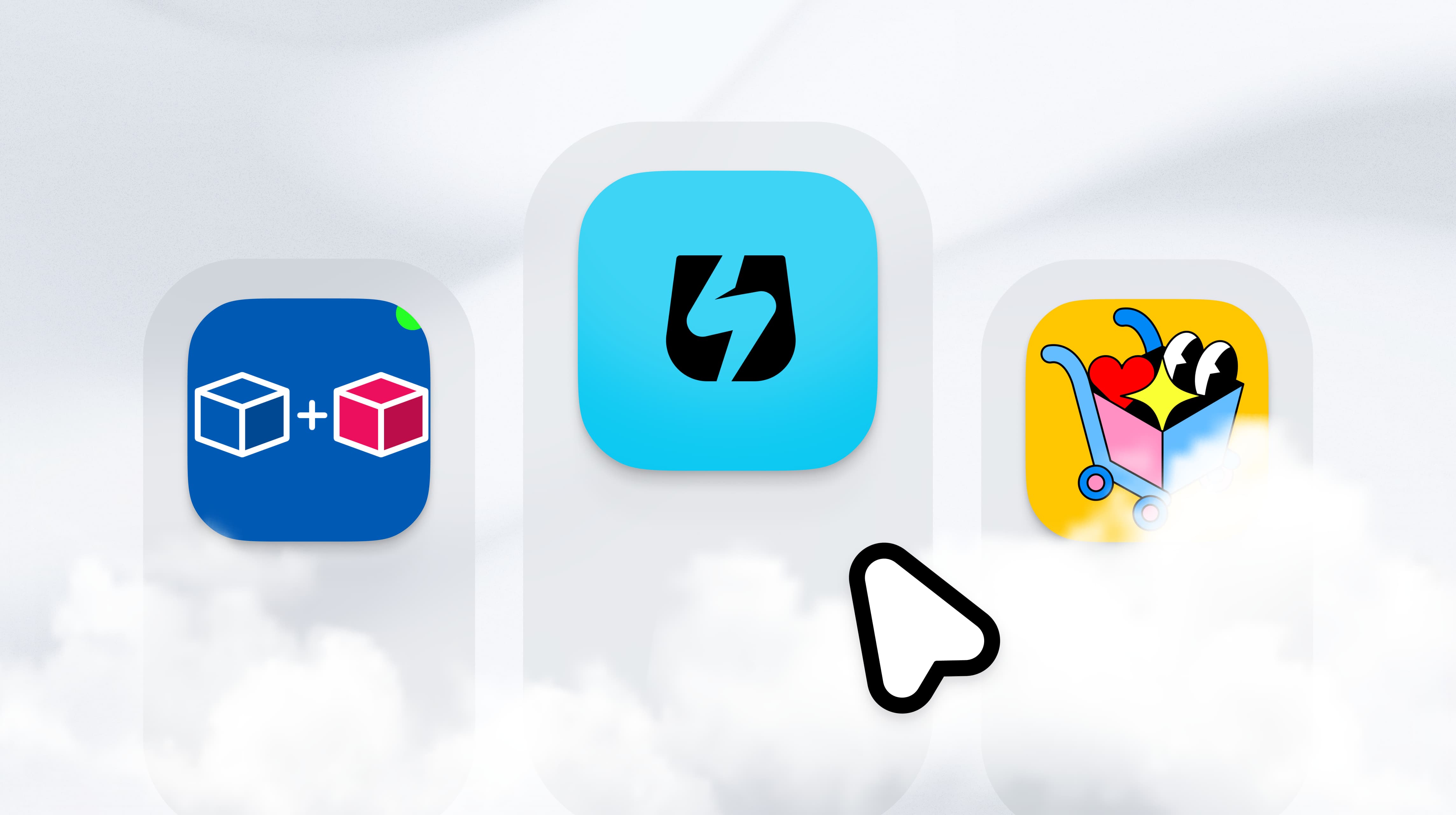
Messenger marketing tips to scale your e-commerce store growth
Rebecca Anderson
Messenger marketing tips to scale your e-commerce store growth
If you’ve ever wondered whether Facebook Messenger is still relevant, you’re not alone. Many brands overlook this channel, but those who use it are discovering its unique ability to connect with customers on a more personal level.
In this episode of Click To Buy, I spoke with Michael Dong, co-founder of 1send, a Facebook Messenger marketing tool that’s changing the game for online retailers. Michael shared how his journey from Meta inspired him to unlock the potential of business messaging, why Messenger engagement is unlike any other platform, and how brands can seamlessly integrate it into their marketing strategies.
Here are the main takeaways from our conversation together:
Click To Buy, Episode 33 – How to use messenger to scale your e-commerce growth
To hear the full episode, catch it on Spotify or watch the video version on YouTube:
Why Messenger metrics outperform email
Becca: Messenger marketing boasts stats like 75% open rates and click-through rates that are 500% higher than email. Why do you think Messenger is performing so well?
Michael Dong: When we first started 1send, we weren’t sure Messenger would work. My co-founder and I thought, “Do people even use Messenger anymore?” But after launching and seeing the early results, we were amazed. Our users were reporting open rates as high as 40-50% within the first 10 minutes of sending a message.
The key difference is that Messenger feels personal. Unlike email, which is cluttered with promotions and newsletters, Messenger is still primarily used for conversations with friends and family. This creates a level of curiosity and immediacy that email can’t match. People are genuinely interested in what’s being sent, and that translates into higher engagement.
How to integrate Messenger without overwhelming customers
Becca: How can e-commerce brands integrate Messenger into their marketing strategies without overwhelming their customers?
Michael Dong: Great question. The key is to start simple and focus on building trust. For example, one of our early customers used Messenger to share digital sewing patterns with their community. They transitioned from a Facebook group to Messenger, and it was a natural, easy shift for their customers.
From the merchant side, we designed 1send to be lightweight and user-friendly, so you don’t have to spend hours learning a new tool. It’s as simple as creating a campaign and hitting send. For customers, it’s about finding the right balance. Messenger works best when you’re already engaging with an audience that’s active on Facebook or Instagram, so it feels like a natural extension rather than an intrusion.
Common misconceptions about Messenger
Becca: What are some common misconceptions about Messenger marketing, and how do you address them?
Michael Dong: Two things come up a lot. First, people think, “Nobody uses Messenger anymore.” That’s simply not true. Messenger remains one of Meta’s most heavily used apps globally. Even if Facebook’s newsfeed isn’t as popular as it used to be, Messenger thrives as a tool for conversations.
Second, many assume Messenger is just a chatbot. It’s not. Chatbots are reactive—they handle customer-initiated queries like FAQs. Onesend, on the other hand, enables business-initiated conversations. For example, you can proactively send a Black Friday promotion or a restock alert. This gives brands more control and creates opportunities for engagement that a chatbot simply can’t.
What content works best on Messenger?
Becca: What types of content have you seen perform best on Messenger?
Michael Dong: Video content is surprisingly effective. Many brands repurpose reels or short product videos for Messenger, and they perform really well because they’re eye-catching and optimized for mobile.
Another strategy we’ve seen work is creating a sense of exclusivity. For instance, some brands send out a message like, “The first 50 people to reply get an exclusive discount.” It encourages real conversations and makes customers feel like they’re part of something special.
Of course, this requires a bit more operational effort—you need someone to respond to those messages—but the results can be incredible.
Future trends in business messaging
Becca: What future trends should e-commerce brands watch for in business messaging?
Michael Dong: I think we’ll see messaging become the go-to platform for not just e-commerce but also services like appointment booking and customer support. In Asia, it’s already happening. Restaurants, salons, and even doctors’ offices use WhatsApp or Messenger instead of email to confirm bookings.
For e-commerce brands, this shift means there’s an opportunity to lead the way. Messaging offers a mobile-first experience, and as fewer people use email for personal communication, brands that adapt now will have a huge advantage. Imagine being one of the first brands to master Messenger marketing—it’s like having a head start in the early days of Facebook ads.
Click-worthy tip for merchants
Becca: What’s one piece of advice you’d give to e-commerce store owners looking to improve their customer journey?
Michael Dong: Be honest with your customers. One of the biggest mistakes I see is brands extending sales after announcing a “final day.” Customers notice, and it erodes trust. If you want to build loyalty, stick to your word. Trust is the foundation of any successful retention strategy.
Final thoughts
Messenger marketing is more than a buzzword—it’s an opportunity for e-commerce brands to stand out in a crowded marketplace. From its incredible engagement metrics to its ability to foster personal connections, Messenger offers a way to create meaningful customer experiences.
As Michael emphasized, the key to success lies in starting small, being authentic, and staying ahead of the curve. Whether it’s experimenting with exclusive discounts or leveraging video content, Messenger can transform how you connect with your audience.
For the full episode, check it out on Spotify or YouTube.
More stories
Shopify
·
Feb 6, 2026
Shopify
·
Feb 6, 2026
Shopify
·
Feb 5, 2026






